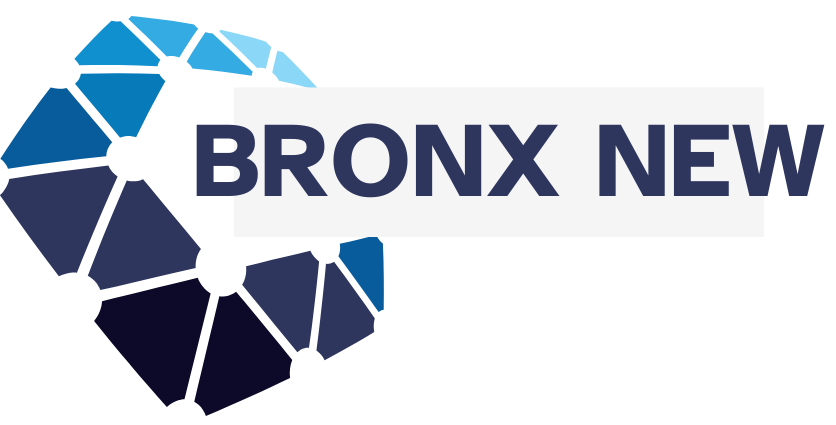Top Credit Card Issuers in the US
- Chase – Delivers high-value travel and cash-back cards like Sapphire Preferred® and Freedom Unlimited®, tied into the flexible Ultimate Rewards® program.
- American Express (Amex) – Known for premium benefits and cards like Platinum® and Blue Cash Preferred®, ideal for frequent travelers and service-focused consumers.
- Capital One – Offers simple flat-rate cash-back cards (e.g. Venture®, Quicksilver®) and accessible credit builders like the Platinum Secured.
- Discover – Cashback-focused options with rotating 5% categories, $0 annual fee, free FICO® scores, and strong U.S.-based support.
- Navy Federal Credit Union – Tailored to military families with lower APRs, credit-building features, and member-minded service.
Major Bank Credit Cards
Major U.S. banks (Chase, Citi, BofA) offer cards with sign-up bonuses, travel perks, and 0% intro APR offers on purchases or balance transfers. Examples like Chase Freedom Unlimited® and Citi Double Cash deliver excellent value to consumers with fair to excellent credit—especially if balances are paid in full monthly.
First Progress Platinum Elite Mastercard Secured
The First Progress Platinum Elite Secured Mastercard®, issued by Synovus Bank, is ideal for U.S. consumers with little or poor credit: it requires no credit check, a refundable security deposit (typically $200–$2,000 which sets your credit limit), and reports payment activity monthly to Equifax, Experian, and TransUnion—helping to build or rebuild credit
Fintech or Online‑Only Credit Card Issuers
Fintech providers like Petal, Chime, and Upgrade use alternative data (income, banking history) to approve applicants with limited credit history. They typically offer unsecured lines of credit, no annual or foreign transaction fees, and modern app experiences. Rewards may be modest, but they’re more cost-effective for many U.S. consumers.
Secured Credit Cards for Building Credit
Popular alternatives like Discover it® Secured and Capital One Platinum Secured require a refundable deposit, typically have no annual fee, and report monthly to the three U.S. credit bureaus. Many offer perks like cash back or automatic upgrade paths to unsecured versions—making them more efficient credit-builders than First Progress in many cases.
Retail Store Credit Cards
In-store cards like Target RedCard or Amazon Store Card offer store-specific discounts or special financing but typically carry high APRs, limited acceptance, and few consumer protections. They offer narrow value compared to general-purpose credit cards with broader benefits and usability.
How Credit Cards Impact Your Finances and Credit Score in the US
Managing credit effectively is key to financial health in the U.S. Keeping your credit utilization under 30% helps raise your FICO score, while consistent on-time payments build positive history. Carrying balances incurs compound interest, which increases debt and affects your debt-to-income ratio (DTI)—a factor lenders evaluate for major loans like mortgages. Balance transfers may reduce interest, but require financial discipline. Many cards come with hidden perks like purchase protection or rental car insurance that often go unused. Applying for multiple cards too quickly triggers hard inquiries, which can temporarily lower your score. Always review the cardholder agreement, avoid carrying high-interest debt, and aim to pay in full each month.




